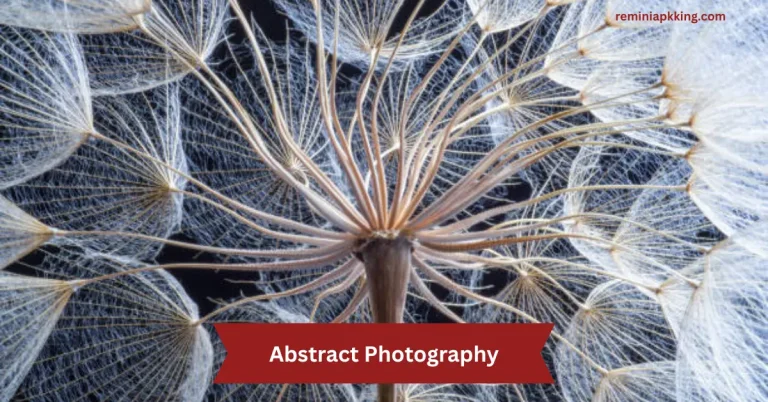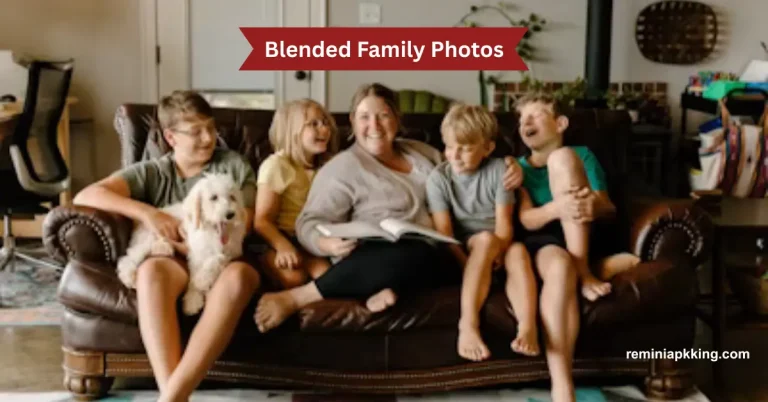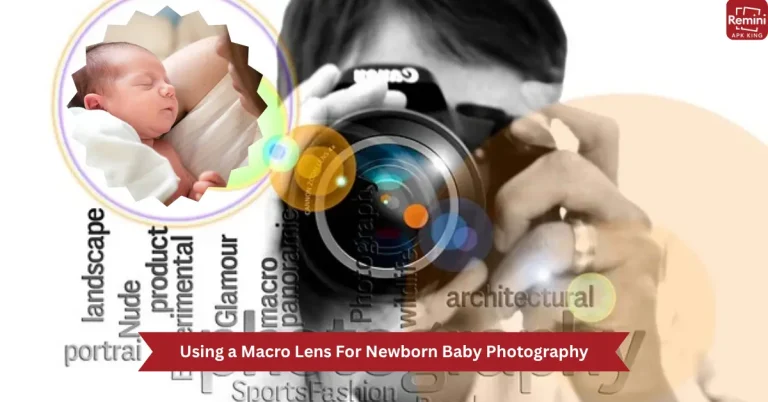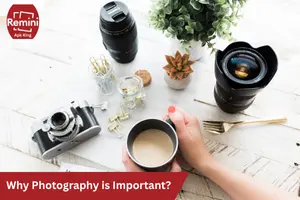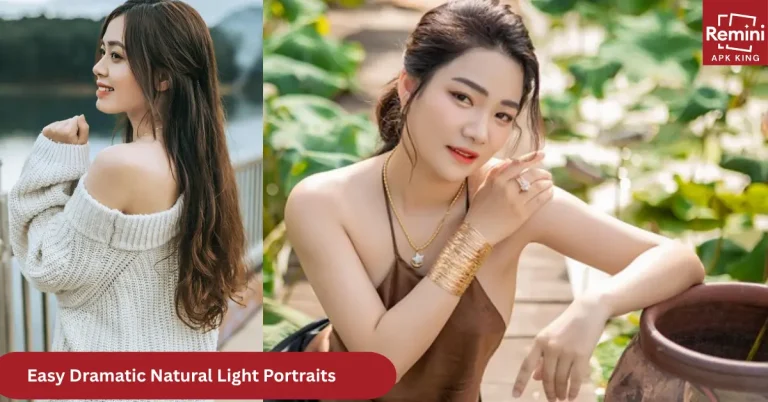Finding The Confidence to Call Yourself an Artist
Many people create art regularly but still hesitate to call themselves artists. Studies show that self-doubt and comparison are two common reasons for this hesitation. Finding the confidence to call yourself an artist starts with changing how you see your own work, not how others see it.
What Does It Mean to Be an Artist?
An artist is someone who creates with intention, using any form of expression such as drawing, painting, sculpting, writing, music, or digital design. Being an artist isn’t defined by formal training, popularity, or income. It simply means using creativity to express thoughts, emotions, or ideas in a visible or shareable way.
An artist may work professionally or as a hobbyist, but the title comes from the act of creating, not the outcome. Whether the work is simple or complex, traditional or experimental, being an artist means choosing to make something from your imagination or personal experience.
Why People Struggle to Call Themselves an Artist?
Many people struggle to call themselves an artist because they believe they must meet certain standards first. These standards often include formal training, selling artwork, or gaining public recognition. Without these, they feel unworthy of the title and assume it belongs only to professionals. This belief makes them hold back, even if they create regularly or feel deeply connected to their art.
Another reason is the fear of judgment. People worry that others will question their talent or take them less seriously if they claim the word “artist” too soon. They may also compare themselves to others who seem more skilled or experienced. This comparison can lead to self-doubt, causing them to stay silent about their creative identity, even when they are already doing the work of an artist.
Signs You Are Already an Artist
You are already an artist if you create regularly, even if it’s just for yourself. Making things with your hands, expressing ideas visually, or simply enjoying the process of creating are all signs of being an artist. You don’t need to sell your work, have a degree, or be known by others to carry the title. The act of creating with intention and passion is what makes someone an artist.
Another sign is when you think creatively or solve problems using your imagination. If you find yourself sketching, writing, designing, or crafting frequently, it indicates that art is an integral part of your life. Artists notice details, colors, patterns, and emotions—and they try to capture them. If this sounds like you, then you’re already living as an artist, even if you haven’t said it out loud yet.
How to Build Confidence as an Artist?
Building confidence as an artist means developing trust in your own creative ability. It’s the process of believing that your ideas, expressions, and style have value, even if they don’t match someone else’s standards. Confidence grows when you accept your art as meaningful, whether it’s polished or rough, seen or unseen, praised or ignored.
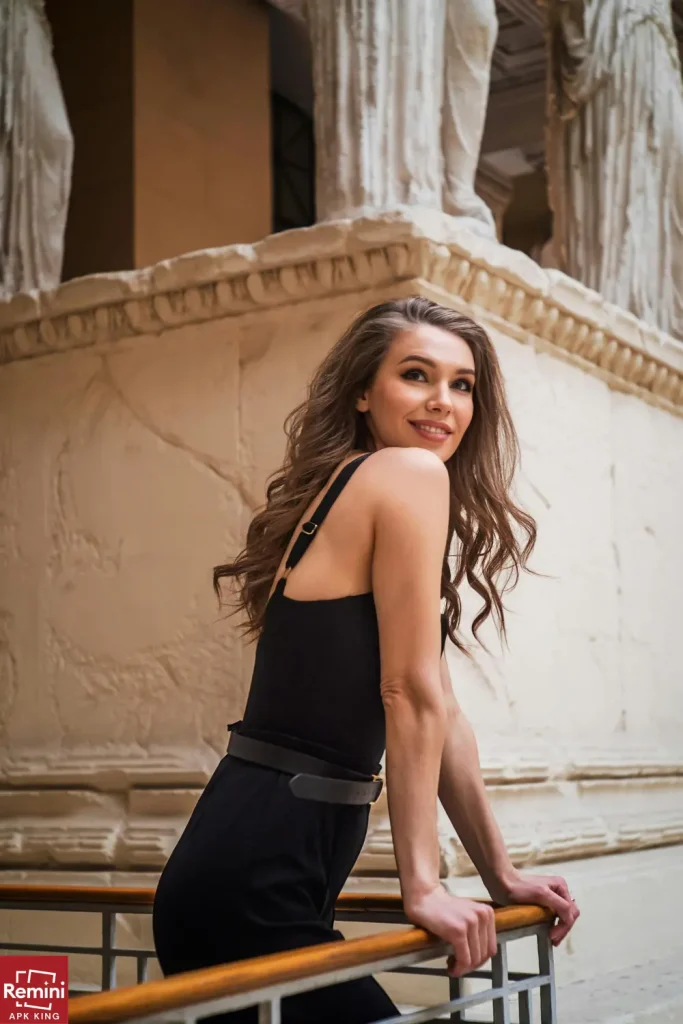
This confidence doesn’t come from being perfect—it comes from creating regularly, learning from mistakes, and recognizing your growth over time. It also involves letting go of fear and judgment, and allowing yourself to enjoy the process without pressure. When you create from a place of honesty and keep practicing, your confidence begins to feel natural and steady.
Use Tools Like Remini to Boost Confidence in Your Art
Sometimes, seeing your work in a more polished or enhanced form can give you that extra push of confidence. Apps like Remini allow you to improve the quality of your artwork or photos, helping you notice details and progress you might’ve missed. Whether you’re refining an old sketch or enhancing a digital painting, tools like these make your work feel more professional, even if you’re just starting out. If you want to explore how this tool can help you grow creatively, check out this guide to Remini Mod APK and see how it fits into your artistic journey.
Let Go of Perfectionism
Let Go of Perfectionism means allowing yourself to create without expecting everything to be flawless. It’s about accepting mistakes as part of the creative process rather than seeing them as failures. When you let go of perfectionism, you stop waiting for the “perfect” time, idea, or result and start focusing on making progress instead.
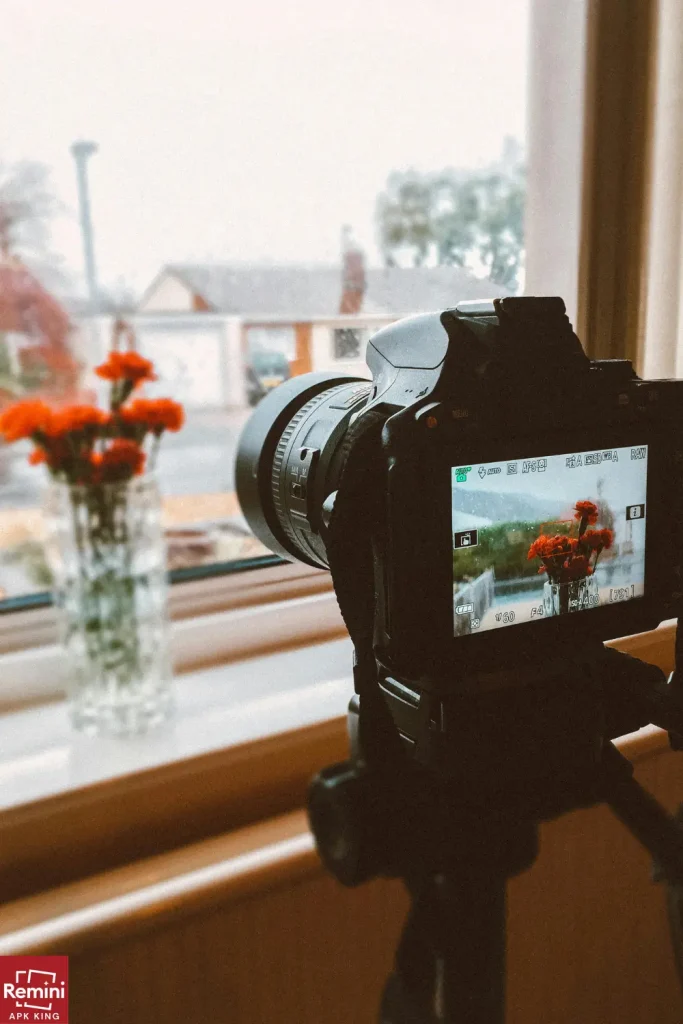
This mindset helps artists feel free to explore, experiment, and enjoy their work. Instead of judging every detail or comparing to others, you focus on expressing yourself. Letting go of perfectionism doesn’t mean lowering your standards; it means giving yourself permission to be human, to grow, and to create without fear.
Join a Supportive Community
Joining a Supportive Community means becoming part of a group that encourages, motivates, and accepts you and your creative journey. It’s a place—online or in person—where artists of all levels come together to share their work, exchange ideas, and support one another through challenges. The focus is not on competition, but on connection and mutual growth.
A supportive community gives you the space to express yourself without fear of judgment. It helps you feel seen and heard, especially during moments of doubt or creative blocks. Whether it’s a Facebook group, local art meetup, or a small circle of artist friends, these spaces offer emotional and creative support that can boost confidence.
Being part of a community also provides learning opportunities. You can observe different styles, get feedback, and discover tools or techniques you may not have tried. Over time, this kind of environment helps you feel more secure in calling yourself an artist because you’re surrounded by people on similar paths.
Create Your Own Definition of Artist
An artist is someone who creates with intention, emotion, or expression. This creation can take any form, painting, drawing, photography, crafting, writing, or even digital design. The act of making something that reflects your thoughts, feelings, or imagination is what makes you an artist.
You don’t need a certificate, a gallery, or years of experience to fit this title. Your definition of “artist” can be simple: someone who enjoys creating and does it regularly, even just for personal joy. If your work has meaning to you, that alone gives it value.
Everyone’s journey is different, so your version of an artist may not match someone else’s—and that’s okay. The title becomes real the moment you choose to own it and make it part of your creative identity.
Practice Self-Affirmation
Practice Self-Affirmation means repeating positive and encouraging statements to yourself to build confidence and strengthen your belief in who you are. It is a simple mental habit where you tell yourself things like “I am an artist,” “My work matters,” or “I create with purpose.”
This practice helps shift negative thinking and replaces doubt with self-belief. It’s not about bragging or pretending—it’s about reminding yourself of your worth and your creative identity. Over time, these words help you see yourself differently and more positively.
Self-affirmation works best when it is done regularly and with intention. Saying the same phrases every morning or writing them in a journal can help make them feel true. The more you affirm yourself, the more confident you become in your role as an artist.
Keep Learning and Exploring
Keep Learning and Exploring means continuing to grow your creative skills by trying new ideas, tools, and techniques. It’s about staying curious and open to learning, no matter how much experience you already have. Artists who keep learning often discover new ways to express themselves and improve their work over time.
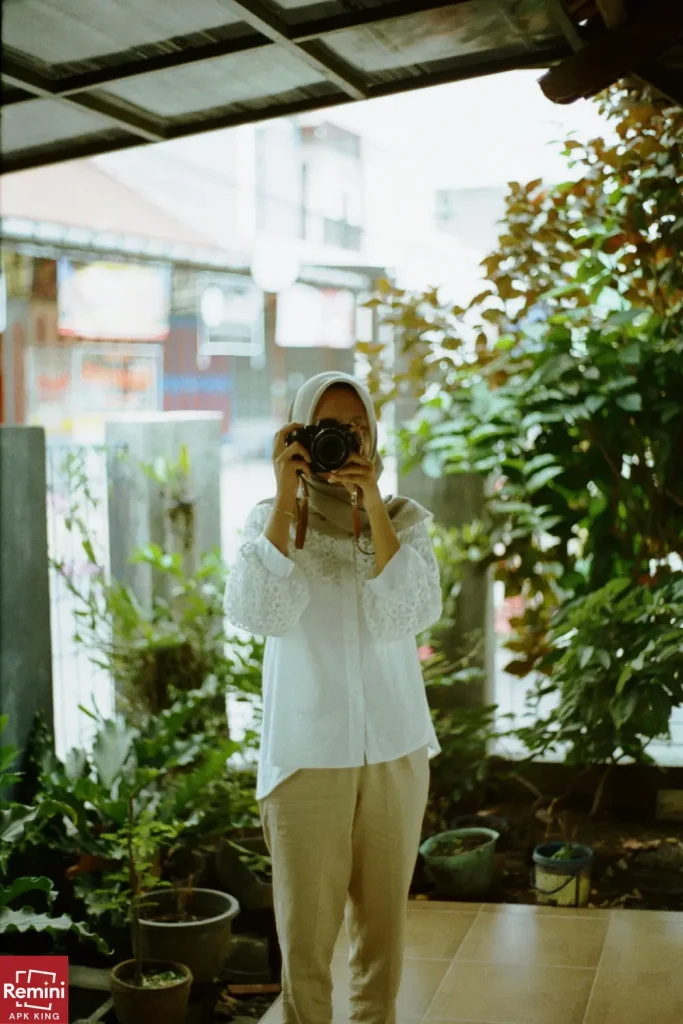
This also involves exploring different styles, mediums, or even other artists’ work for inspiration. Learning can come from books, online tutorials, art classes, or simply observing the world around you. Exploring allows you to step out of your comfort zone and find what truly excites you as a creator.
You don’t need to follow strict rules or be perfect. The idea is to enjoy the process, test new things, and learn from mistakes. Keeping a learning mindset helps you stay motivated and makes your creative journey more fun and fulfilling.
Celebrate Your Wins
Celebrating your wins means recognizing and appreciating your progress, no matter how small. It’s about pausing to acknowledge the effort you’ve put into your work, rather than waiting for a big milestone or external praise. These wins can be as simple as completing a sketch, trying a new style, or sharing your art for the first time.
The purpose of celebrating your wins is to build confidence and motivation. When you notice your growth, you begin to see yourself as someone who’s improving and showing up. This habit encourages a positive mindset and helps you stay consistent in your creative journey.
It’s not about bragging or comparing with others. It’s about giving yourself credit for showing up and doing the work. Whether it’s daily doodles or a finished painting, every step forward is worth noticing and celebrating.
Conclusion
So guys, in this article, we’ve covered Finding the Confidence to Call Yourself an Artist in detail. I truly believe that if you create, you’re already an artist—no permission needed. Start small, be kind to yourself, and say it out loud: “I am an artist.” Give yourself credit today. And if this helped you, share your thoughts or story in the comments below!

